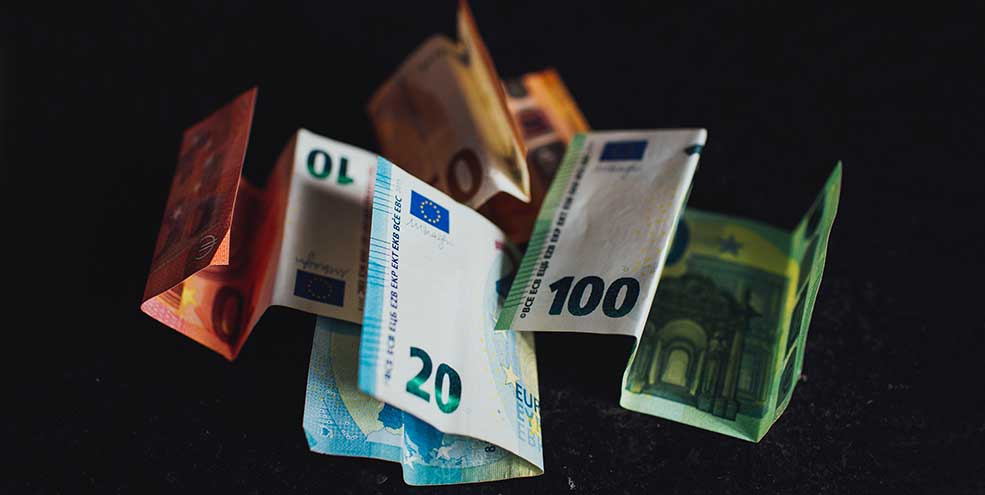Whether you are traveling overseas or in the United States, here are five travel scams to watch out for:
1. Taxicab Rip-offs

Fortunately, rideshare companies such as Uber and Lyft are helping level the playing field when it comes to forcing cab drivers to stop ripping people off — but you still should be careful.
Taxi drivers are notorious for overcharging tourists. Sure, there’ll be a meter in the cab showing your fare, but many cab drivers will take you on an out-of-the-way route to rack up a higher charge.
Tip: Always know how much your ride should be. This is especially important when you are traveling overseas and not familiar with your surroundings. Before leaving the states, contact your hotel and ask how much a cab ride should cost from the airport. Once you check-in, ask about typical cab fares to popular restaurants or tourist attractions.
Another way to protect yourself, especially in the United States is to download Google Maps to your smartphone before leaving on your trip. Plugin the preferred route from say, the airport to your hotel. Then, once you’re on your trip you can refer to your map to determine if the driver is following the shortest route. Use the same feature for excursions to a beach, restaurant, or other attractions.
2. “Closed” Attractions

Some cab drivers or tour guides might try to steer you away from an attraction you planned to visit. The driver or guide might say, “Oh, are you sure you want to go there? They’re just now opening up again after a virus breakout.”
Reach for your telephone if you hear a story like that. Call the venue and ask if there are any issues. There’s a chance that the driver might be receiving a commission for every tourist he delivers to some other attraction.
Another trick driver’s use is to claim an attraction is currently closed for lunch. Again, call and find out for yourself.
Tip: Before leaving for a trip abroad, contact your carrier about being able to use your phone overseas
3. Currency Scams

One of the biggest issues with traveling abroad is foreign currency. In some countries, such as the Dominican Republic, the bills are very colorful. Although the denominations of the bills are clearly visible it can take some time to fully understand how it all works, including the exchange rate. Some tourists out having a good time may be content to take whatever change they’re given, only to find out later they were taken advantage of.
4. Free Bracelet Scams

In some countries, especially Europe, young children or even their friendly-looking parents may ask to place a cheap bracelet around your wrist or even a scarf around your neck — as a sign of friendship. You may be fooled into thinking it’s a part of a tradition, but it’s actually a ploy for money. The person offering you the gift may beg for money, hoping you will pay them just to go away. That’s why you should never allow anyone to place something on your body. Always shake your head no and keep it moving. If you do accept something, simply remove it, hand it back, or even place it on the sidewalk as you walk away. Do it firmly.
5. Illegal Drugs

This one should be a no-brainer, right? Unfortunately, people fall into this trick all the time. You’re in a party place and someone offers an illegal substance at what you feel is a great price. If you accept a real police officer may show up in an instant. It’s a scam, with the cop and con artist working together. The cop asks for a significant amount of cash or you’ll be taken to jail. The cash is just for him and his con artist friend. In this scam, it’s rather unlikely that the cop would actually arrest you if you refused to give money, but who’s willing to take that risk?
There are many more scams to look out for, and you can’t know about all of them. Your best protection is to rely on good, common sense and to always keep your wits about you. Also, when planning travel abroad, study the country you’ll be visiting to learn about popular scams specific to that country.
Play safe and have fun!



